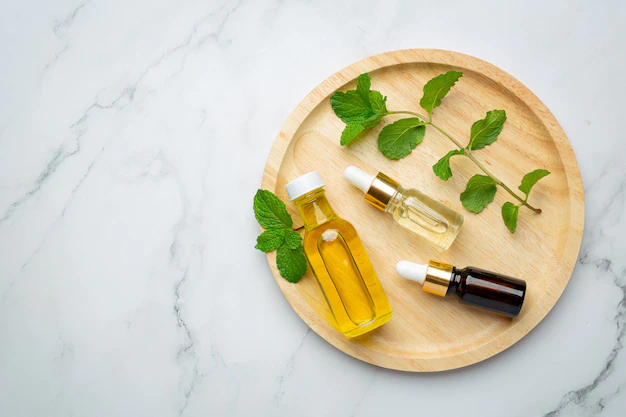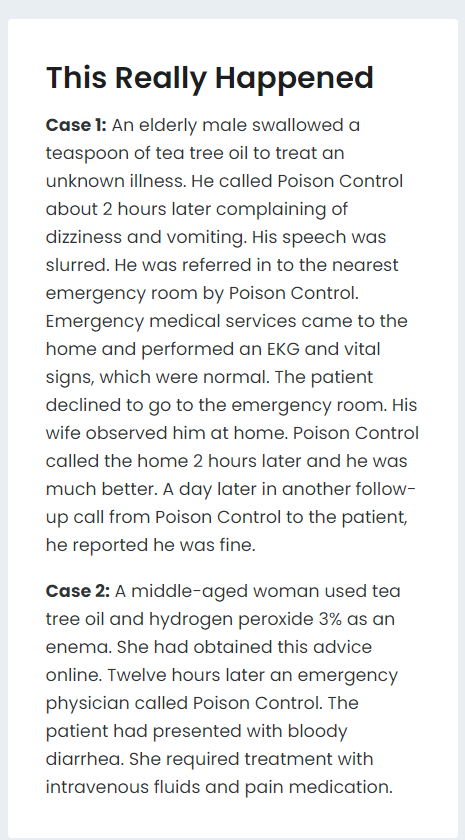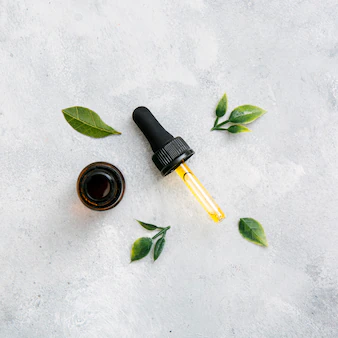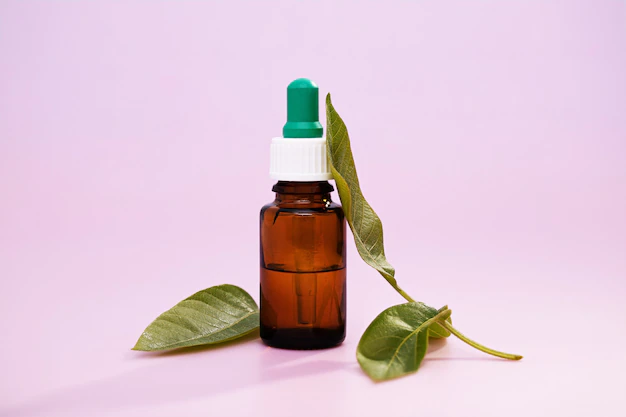Yes! You are reading it right; here, we will discuss tea tree oil and its toxicity. While the internet is all about focusing on the helpfulness of the oil. How it assists with the revival of various scars and deformities. On the other hand, here are some serious answers to the question, “Does tea tree oil go bad?”

But before proceeding, let’s get into the traditional uses of the same:
- The oil for the skin helps with bruises, canker scores, burns, eczema, psoriasis, insect bites, scabies, skin infection, rosacea, etc.
- It is also used for treating cough, cold, throat and nose irritation, and bronchial congestion.
- The oil helps one take care of body odor, melanoma, and infections in the prostate and bone areas.
- According to natural science and Ayurveda, Tea tree oil for acne is also very beneficial.
So how can such an effective ingredient go wrong all of a sudden? Let’s dive deep and learn more facts.
Tea Tree Oil Is Harmful: A Comprehensive Study

You can get a hint of the harmful side effects from the facts mentioned above. But isn’t it a natural ingredient, unlike the other processed ones?
Yes! It is. But that does not make it safe to consume or use unfiltered without a doctor’s prescription. Here is why?
The Origin Of Tea Tree Oil
Tea Tree Oil or Melaleuca Oil is extracted from the Melaleuca Alternifolia’s leaves. And is found on the southeastern coast (swampy) of Australia. Traditionally, the particular oil is known for its “germ-fighting abilities.” It works as an antiseptic for scrapes and cuts. As per researchers, the oil is great for its anti-inflammatory, antimicrobial, and anti-cancer abilities.

Steps To Extract
You need to extract the Tea Tree oil to use the same. And there is a certain technique. Go through the points mentioned below, and you will learn how.
- You will have to get hold of the Tea tree leaves. Directly access from the plant, if available in your area, or you can buy them.
- Buy a distillation set.
- Now, set up the entire set, but keep them out of the reach of children and pets.
- Raw essential oils have a strong presence and can be harmful when you touch and breathe them. To avoid such problems, wear gloves and other relevant safety gear.
- Moving on, fill the boiling container around 30 to 75 percent during the process and reconnect it to the distillation unit.
- Moreover, get some boiling stones from online marketplaces and add them to the water. This will keep your distillation set from bursting out and creating unnecessary havoc.
- Place the Tea Tree leaves in the upper container of the distillation set. Maintain their actual shape and do not cut or blanch. Stack the entire container with the leaves, but keep room for the steam to pass. After two to three trials, you will be able to understand the number of leaves your container can hold.
- Now, it’s time to start a low level of water flow in your condenser. This will result in the water flowing down through the pipe into the tube.
- Next, turn on the hot plate and start the steam distillation.
- The plate will heat the water, making the steam flow through the leaves and come down carrying natural oil.
- It takes around three hours for the entire process to get completed. Turn off the hot plate once you have completed distillation.
- As you will start to pour the water off the oil that has the essential oil, you will notice them getting separated easily, and what you are left with is refined oil of the same.
- Pour the oil into a copper bottle (dark tinted)
- To extract more oil, add in more leaves.
How And Why Tea Tree Oil Is Harmful?
Now, let’s move on, deciphering some light on why researchers label natural Tea Tree Oil as harmful. The particular is quite effective during topical use, but take care it shall never enter your body.

One must never intake Tea Tree Oil under any circumstance. The very reason behind this is that the oil can kill bacteria and fungi. So on entering your body, it will start acting as a poison, causing irritation and a sense of burning from within.
Here is a list of side effects that the oil will cause upon entering your body:
- Confusion
- Drowsiness
- Hallucination
- Weakness
- Severe Rashes
- Vomiting
- Hypothermia
- Collapse
- Coma
Also, there are noted incidents of patients showcasing side effects like coughing and choking. As an aftermath, some of the oil slips into the lungs, causing aspiration. This can lead to severe chemical pneumonia, and expert assistance is always recommended.
Moreover, you must never apply raw Tea Tree Oil directly on the skin as it can cause irritation or allergic reaction. Using a career oil like almond, coconut, or olive is always of great help. Also, with age, the concentration levels of the Oil do increase, and its chemistry change, making it even stronger and more harmful while direct applications.
How To Deal With Tea Tree Oil Emergencies?
Avoid direct application or swallowing of raw Tea Tree Oil under all possible circumstances. Store the bottle safely away from sunlight, children, and pets. After all, these, do follow the points mentioned below to combat unwanted emergencies.
When swallowed:
- Do not panic.
- Try to get the oil out of your system by vomiting.
- If feeling nauseous or dizzy, contact a doctor and seek professional guidance.
When applied:
- Rub off the oil from the surface using a wet cloth.
- Or you can wash the skin with soap or water.
- If the irritation continues, do contact a dermatologist.
Tea Tree Oil is a natural healer, offering effective solutions to the human race for a long time. However, because of its active nature, the effectivity levels are high, and the oil does get into action quickly. So dermatologists and skin experts always recommend using Tea Tree Oils with another career oil that is light and effective as well. Here’s hoping that the write-up is useful! Share your views in the comment section below, and follow this place for more such informational content.



